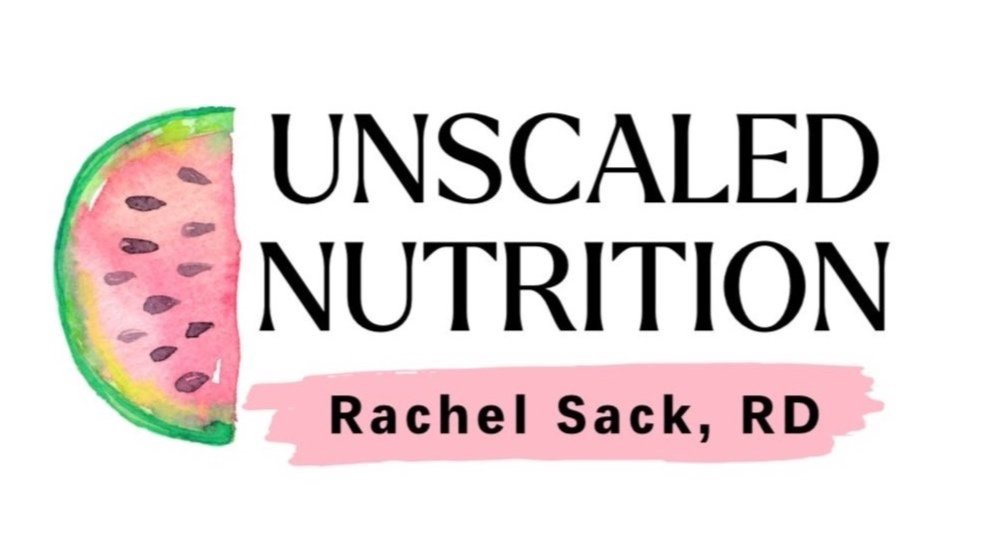Fats for Heart Health
February is Heart Health Awareness Month, so what better time than to talk about heart health! When we think about heart health we often correlate high fat diets to bad heart health. This isn’t necessarily the case, and there’s a lot of mis and disinformation out there surrounding fats. I’m here to set the record straight.
First, lets discuss all the ways fats benefit our bodies -
Fat soluble vitamins. Without adequate amounts of fat in our diets we can’t absorb our fat soluble vitamins (A,D,E & K). Deficiencies in these vitamins can lead to a wide range of medical issues.
Essential Fatty Acids. Fat provides us with essential Omega3 and Omega6 fatty acids. These are essential because our bodies can’t produce them, they must be consumed via our diet.
Satiety - Fat takes the longest of all macronutrients to digest, so eating fat with your meal helps keep you feeling full and satiated longer.
Hormones - There are a number of hormones that are made out of cholesterol (progesterone, estrogen, testosterone, cortisol). Not eating enough fat could cause your body to struggle to produce these hormones.
Brain Health - Fats are extremely important for our brain function and health. In particular, Omega fatty acids can help the brain to function more efficiently.
Now that we know we NEED fat in our diets, let’s look at the different kinds of fat. Essentially, there are two kinds of fats - saturated and unsaturated.
Unsaturated Fats - These are fats that are typically liquid at room temperature (avocado oil, canola oil, vegetable oil, nuts, seeds, etc.) These fats are higher in monounsaturated and polyunsaturated fatty acids (MUFA’s/PUFA’s). Unsaturated fats can help REDUCE your risk of cardiovascular disease because they can help to increase HDL (high density lipoprotein) which can have a protective benefit to our heart health.
Saturated Fats - The other type of fats are saturated fats. These fats are typically solid at room temperature (butter, lard, coconut oil, meat fats, whole milk dairy, etc.) A diet high in saturated fats can lead to an increased risk of heart disease by promoting higher levels of LDL (low density lipoprotein).
This doesn’t mean that you need to eliminate saturated fats completely from your diet. It just means that we can focus on adding in more unsaturated fats to get all those great benefits, and choose the saturated fats in moderation. As always, we want to focus more on what we can ADD to our diets to make them more nutritious instead of restricting ourselves.
